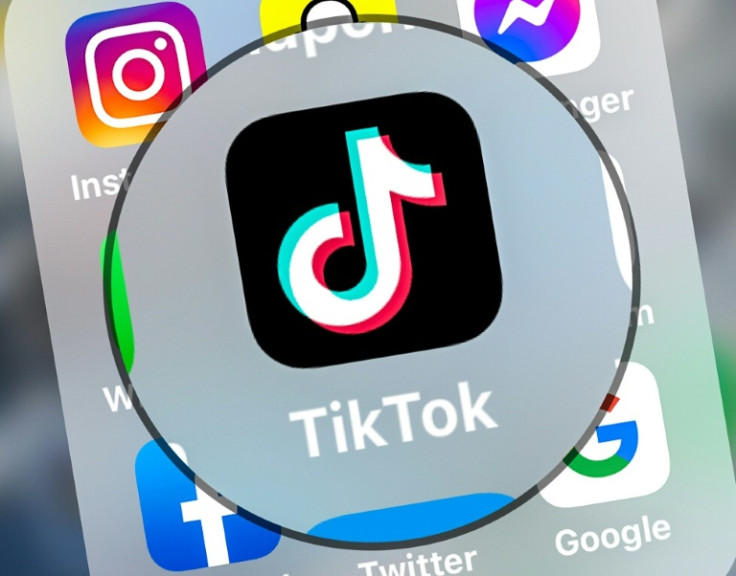White House Open To Tighter Curbs On TikTok

The White House on Tuesday said it is open to further action on curbing TikTok, as legislation to ban the Chinese-owned app in the United States began making its way through Congress.
The video-sharing service has more than a billion users worldwide including over 100 million in the US, where it has become a cultural force, especially for young people, raising alarm bells among lawmakers and in the government.
President Joe Biden's administration is out to thwart China and other countries from "seeking to leverage digital technologies and Americans' data in ways that present unacceptable national security risks," said White House principal deputy press secretary Olivia Dalton.
"We'll continue to look at other actions that we can take and that includes how to work with Congress on this issue," Dalton told reporters aboard Air Force One.
The House Foreign Affairs Committee was set to vote later Tuesday on legislation introduced by Republicans that would give Biden the authority to outright ban TikTok in the United States.
The bill then would go to a full vote in the House, where passage was also likely.
Appearing tough on China is one of the rare issues with potential for bipartisan support in both the Republican-run House and the Senate, where Biden's Democratic Party holds a majority.
The American Civil Liberties Union said it opposed the recently introduced bill, arguing it would curb free speech.
"Congress must not censor entire platforms and strip Americans of their constitutional right to freedom of speech and expression," ACLU senior policy counsel Jenna Leventoff said.
The law will begin to snake its way through Congress as Western governments continue to ban TikTok from government devices, following a similar ban signed into law by Biden in January.
The White House on Monday gave federal agencies 30 days to purge TikTok from all government-issued devices, setting a deadline to comply with a ban.
TikTok sharply criticized the bans as "little more than political theater."
"We hope that when it comes to addressing national security concerns about TikTok beyond government devices, Congress will explore solutions that won't have the effect of censoring the voices of millions of Americans," TikTok spokesperson Brooke Oberwetter told AFP.
"Unfortunately that approach has served as a blueprint for other world governments," Oberwetter said.
Denmark's parliament announced Tuesday that it asked MPs and staff to remove TikTok from mobile devices because of the "risk of spying."
The European Commission, the EU's executive arm, banned the app on work devices to "protect" the institution, while Canada's government this week banned TikTok from all of its phones and devices.
TikTok has waited months for the findings of a review by the Committee on Foreign Investment in the United States (CFIUS), a government agency that assesses foreign investments' risks to US national security.
"The swiftest and most thorough way to address national security concerns is for CFIUS to adopt the proposed agreement that we worked with them on for nearly two years," TikTok's Oberwetter said.
Owned by Chinese tech giant ByteDance, TikTok has become a political target due to concerns the app can be circumvented for spying or propaganda by the Chinese Communist Party.
TikTok has repeatedly rejected accusations it shares data or cedes control to the Chinese government.
US national security concerns over alleged Chinese spying soared in recent weeks after a Chinese balloon traversed US airspace and was eventually shot down.
© Copyright AFP 2024. All rights reserved.





















